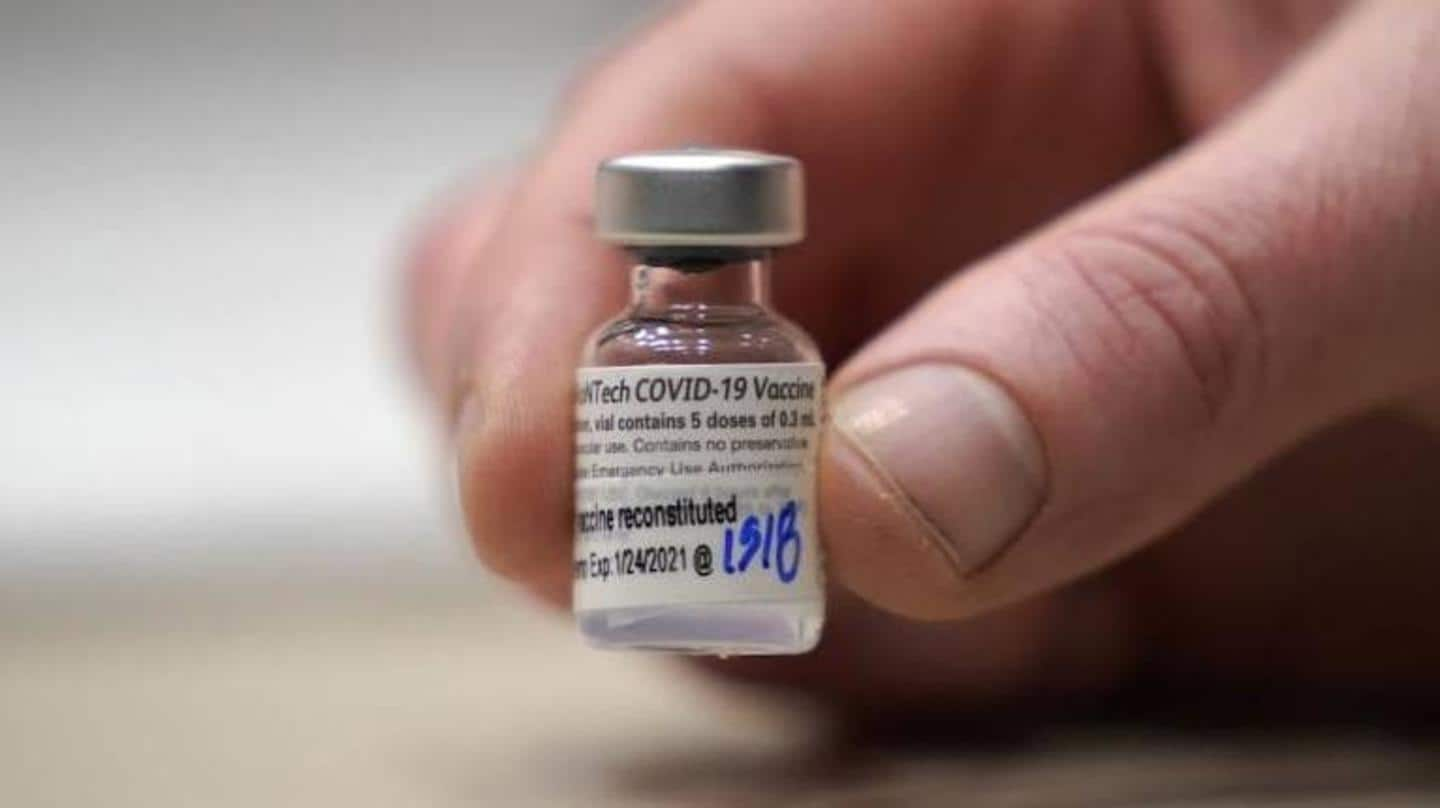
Current COVID-19 vaccines are less effective against Beta variant: Study
What's the story
A study of the spike protein of SARS-CoV-2, the virus which causes COVID-19, suggests that current vaccines may be less effective against the Beta variant first identified in South Africa. Present on the surface of SARS-COV-2, spike proteins enable the virus to attach to and enter our cells, and all current vaccines are directed against them.
Details
Cryo-EM technique was used to determine the results
The study, published in the journal Science on June 24, used cryo-electron microscopy (cryo-EM) to compare the spike protein from the original virus found in China in 2019, with that of the Beta variant, and the Alpha variant first identified in the UK. Cryo-EM is an imaging technique used to determine the biomolecular structures at near-atomic resolution.
Research
Here's why current vaccines are ineffective against Beta variant
The findings led by researchers at Boston Children's Hospital, US indicate that mutations in the Beta variant, also known as B.1.351, change the shape of the spike surface at certain locations. As a result, neutralizing antibodies induced by current vaccines are less able to bind to the Beta virus, which may allow it to evade the immune system even when people are vaccinated.
Alpha variant
Antibodies elicited by existing vaccines can still neutralize the variant
The researchers also found that mutations in the Beta variant make the spike less effective in binding to ACE2, making it less transmissible than the Alpha variant. As for the Alpha variant, a genetic change in the spike helps the virus bind better to ACE2 receptors, making it more infectious. However, testing indicates that antibodies elicited by existing vaccines can still neutralize this variant.
Further details
The team is also researching about other variants, including Delta
To be a heightened threat, a SARS-CoV-2 variant should spread more easily, evade the immune system in vaccinated people or those previously exposed to COVID-19, and cause more severe disease. However, the researchers said the Alpha and Beta variants do not meet all these criteria. The research team is now analyzing the structures of other variants of concern, including the Delta variant.